Why kids don't need sports drinks by Julie DeardorffWhat most of us know about sports drinks we see on television. High quality commercials featuring a gloriously sweaty athlete achieving amazing feats of sportsacular daring do and then guzzling down a electrifyingly colored magical elixir... IS IT IN YOU? No? Me neither. But maybe if we got our hands on some of that drink we could be half the athlete as that sweaty Greek god on TV.
In some "healthy" school vending machines across the country, soda is out. But rehydrating, sugar-laden sports drinks are still in.
Often promoted by popular athletes as essential thirst quenchers, sports beverages can be beneficial if they're consumed during or after an intense workout that lasts an hour or more, said Russell Pate, professor of exercise science at the University of South Carolina.
Some research has shown that children will take in more fluids if offered a sports drink rather than water alone.
But sports beverages are little more than sugar water with electrolytes, something most children don't need, said registered dietitian Lilian Cheung, a lecturer in the department of nutrition at the Harvard School of Public Health.
Kids get plenty of electrolytes in food. And even after vigorous exercise, water is as good as sports drinks for replenishing fluids while keeping electrolytes balanced, according to a 2006 study in the British Journal of Sports Medicine.
Children's health experts say sports drinks are not just contributing to obesity; they're also hard on the teeth. Research has shown they can do more damage to enamel than carbonated cola products, especially if sipped over long periods of time.
And ultimately, the drinks are unnecessary, said Harvard sociologist Steven Gortmaker, a healthful-eating researcher who has written several studies looking at children's consumption of sugar-sweetened beverages. "Unless they're running marathons, which we do not recommend for kids, water is the best choice for quenching their thirst," Gortmaker said.
If your child won't drink water or has an aversion to school drinking fountains, don't fret. Studies show that when fluid is low, the body stimulates the thirst centers in the brain, and if water is available, kids will drink. And unless a child exercises for more than two hours, no extra calories are needed, said Dr. Joanna Dolgoff, a child and adolescent weight-management expert.
Though it varies by brand, a 20-ounce bottle of a sports drink contains about 10 teaspoons of sugar and 130 calories, more than you may burn during a workout. Drinking just one bottle every day for a year could add 13 pounds, said Dolgoff.
CLICK HERE for the original article.
Follow Julie Deardorff on TWITTER.
Again, no.
Sports drinks have their place, but very seldom (if ever) is that with children. And the only way we can know that is if we really look beyond the glitz and glam of marketing to see what's really going on. As I've said before and will continue to say, it's up to us to educate ourselves on the products we consume especially those we give to our kids. Thanks to the work Julie Deardorff and others like her, we are better armed with knowledge to make the right choices for ours and our children's health and well being.
Make sure you take some time to check out the rest of this blog and learn about Yoli, a healthy alternative to the drinks that are currently available.


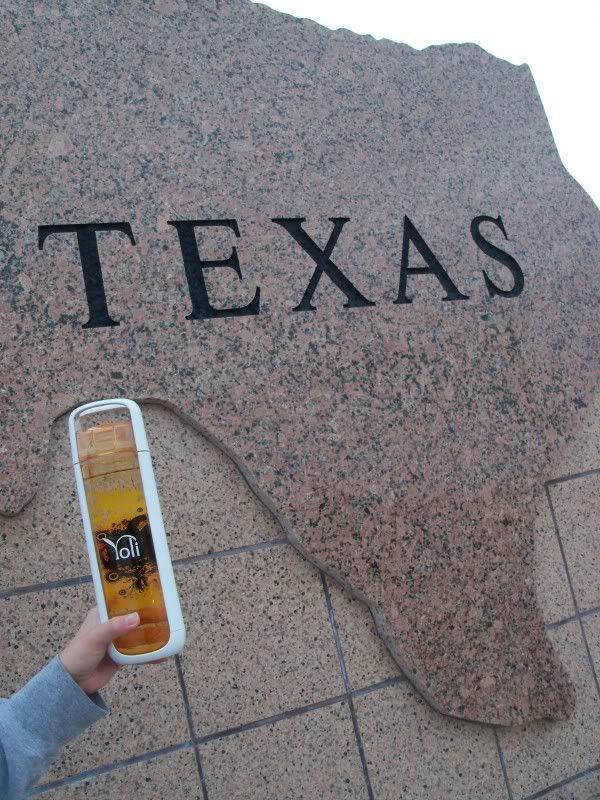
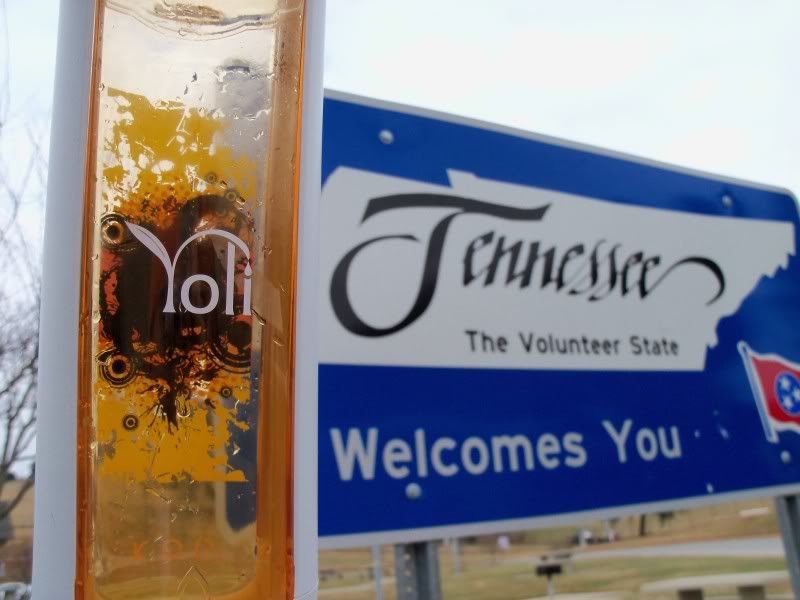
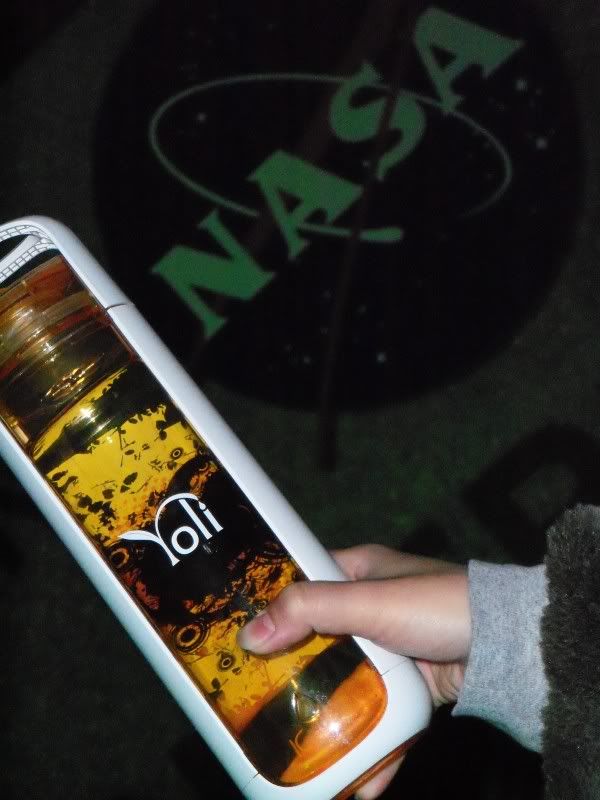
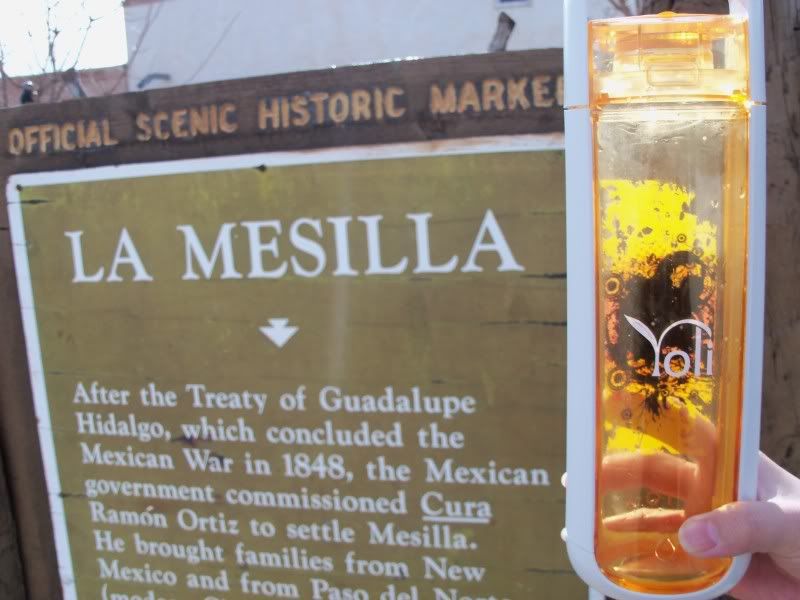
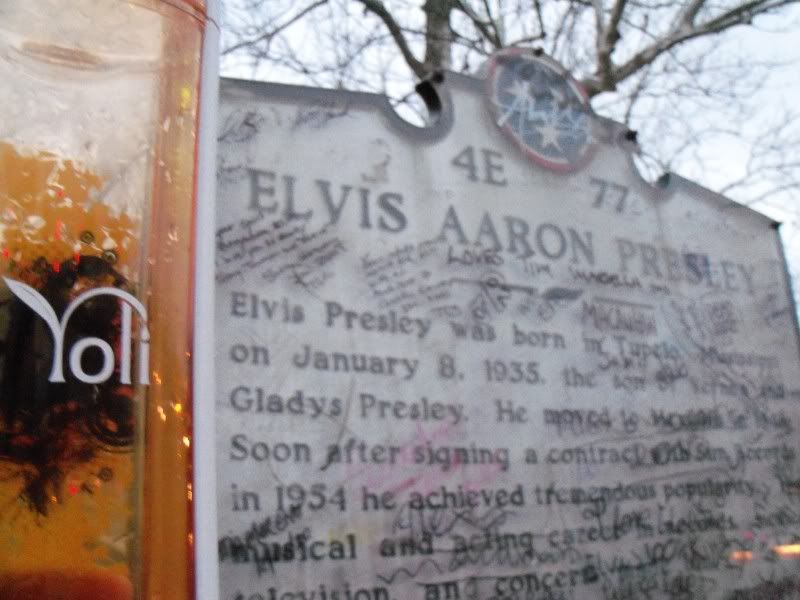
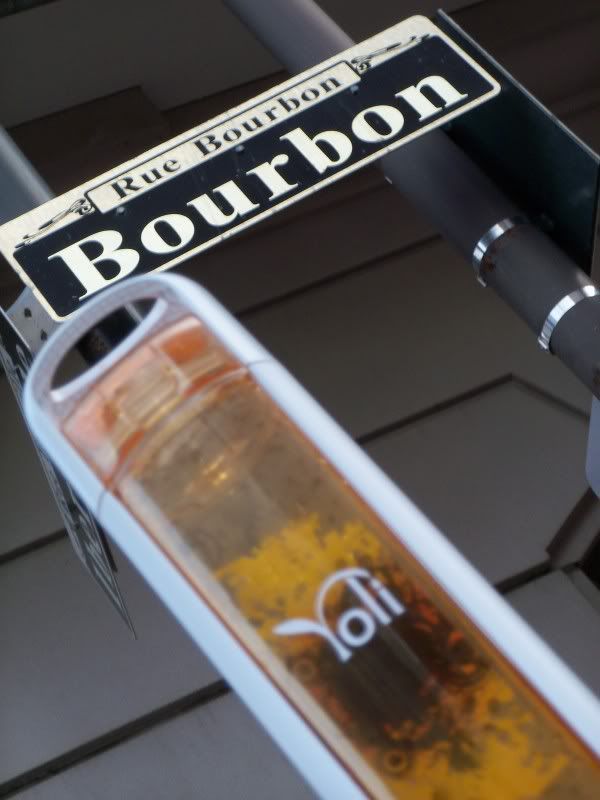
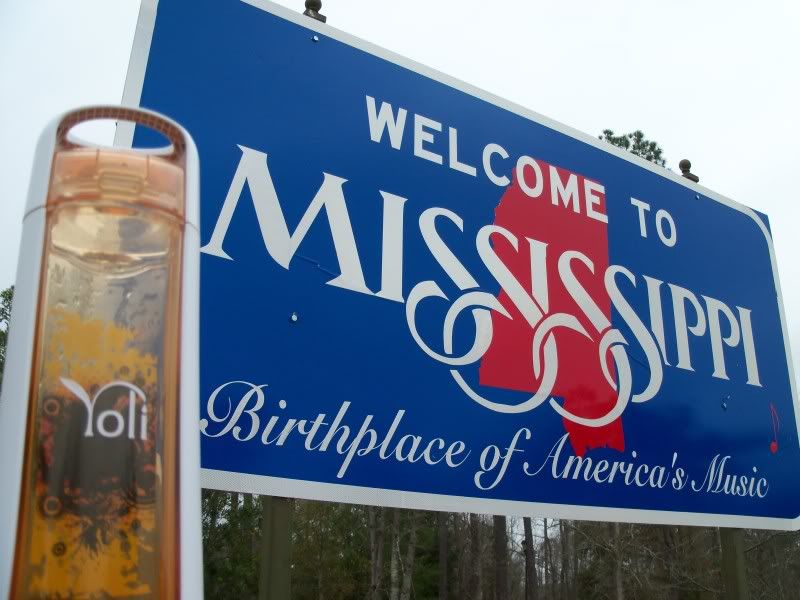





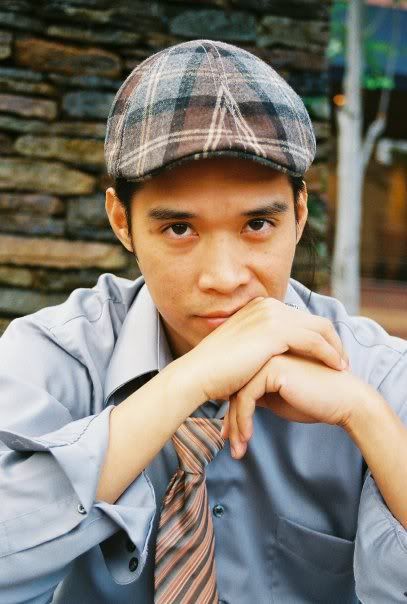
No comments:
Post a Comment